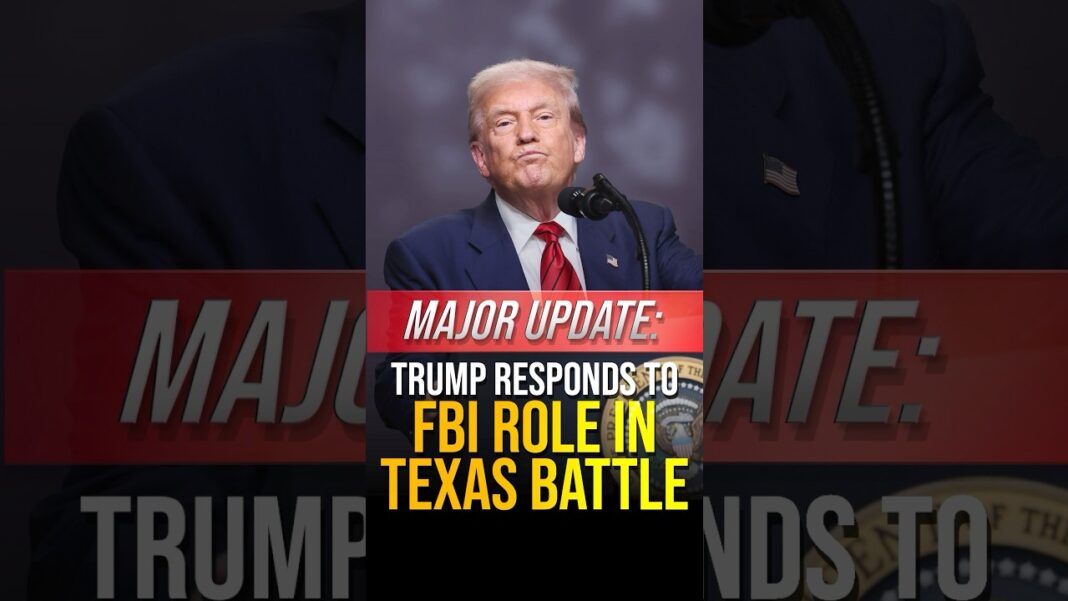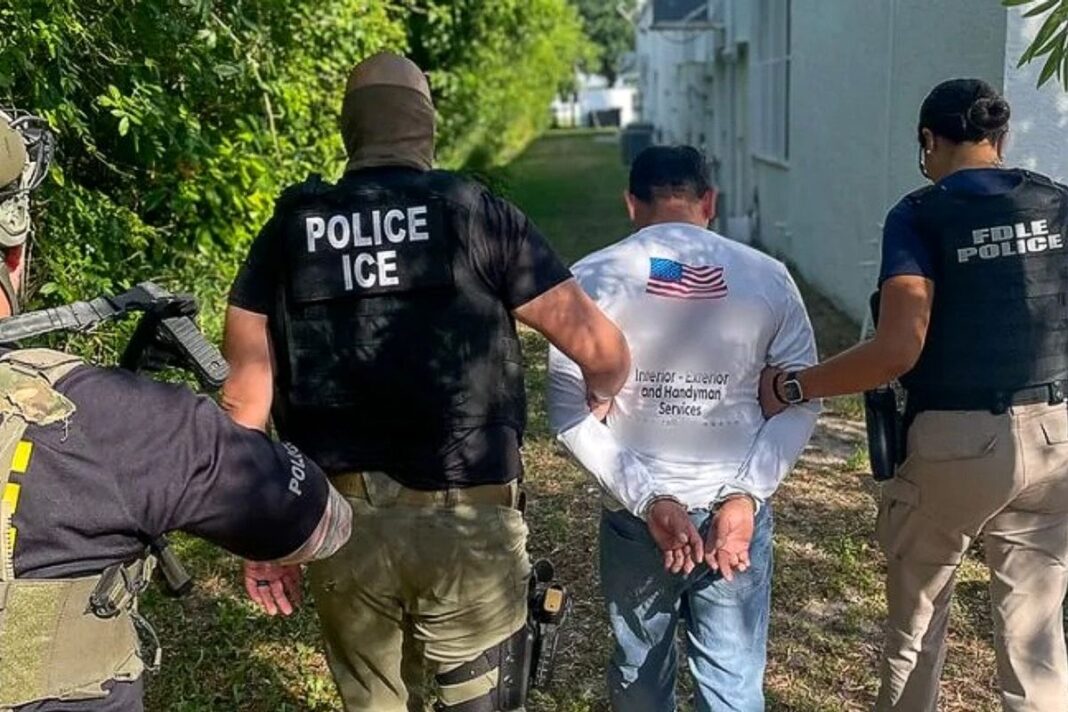‘The ID number requirement is obviously designed to confirm that each mail-in ballot voter is precisely who he claims he is,’ the judge wrote.
A federal appeals court on Monday upheld a Texas law requiring voters to submit identification information to cast mail-in ballots, drawing praise from President Donald Trump.
A three-judge panel on the U.S. Court of Appeals for the Fifth Circuit ruled 3–0 that the requirement does not violate federal laws, namely the Civil Rights Act, reversing a lower court decision. The state’s Election Protection and Integrity Act of 2021 requires a person to submit their ID number before registering to vote by mail.
“We have no difficulty concluding that this ID number requirement fully complies with a provision of federal law known by the parties as the materiality provision of the 1964 Civil Rights Act,” appeals court Judge James Ho wrote in the ruling.
Ho was joined by Judges Don Willett and Patrick Higginbotham.
The panel added that mandating potential voters to submit their names and addresses was not sufficient to address possible fraud concerns.
“That information is easily available to anyone who simply requests it,” Ho wrote, referring to the address and name requirement. “As a result, any person can request and receive that information about a registered voter, use that information to apply for a mail-in ballot, and then cast the ballot, with minimal risk of detection.”
The Election Protection and Integrity Act of 2021 “combats mail-in ballot fraud in Texas by generally requiring voters who wish to vote by mail to provide an identification number—such as a driver’s license, social security, or other personal identification number—first, on their mail-in ballot applications, and second, on the mail-in ballots themselves,” according to the ruling.
“The ID number requirement is obviously designed to confirm that each mail-in ballot voter is precisely who he claims he is,” Ho wrote.
The order reversed a 2023 ruling by U.S. District Judge Xavier Rodriguez, who said the presence of an accurate identification number was not a material requirement for determining whether someone should be allowed to vote. He said that the Texas law also violates the Civil Rights Act.







